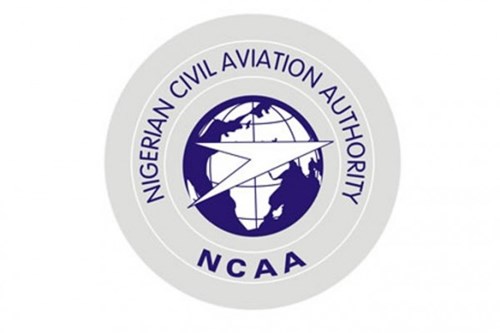In the aftermath of a recent helicopter crash in Rivers State, aeronautical engineer Moses Onilede has drawn attention to crucial gaps in Nigeria’s aviation safety protocols. He has urged the Nigeria Civil Aviation Authority (NCAA) to enforce stricter compliance among airlines regarding timely maintenance checks for their aircraft. Onilede’s emphasis on regulatory diligence comes from his extensive experience in the Presidential Air Fleet from 2003 to 2014, during which he witnessed the importance of rigorous maintenance and safety adherence firsthand. He articulated that the responsibility for ensuring safety is paramount, and effective regulation is key to cultivating an aviation environment that prioritizes crash prevention.
According to Onilede, regulators must not only establish but also rigorously uphold maintenance standards to ensure aircraft airworthiness. This involves conducting unscheduled audits, demanding comprehensive maintenance documentation, and certifying qualified facilities. He noted that the introduction of artificial intelligence in monitoring and auditing aviation operations could dramatically improve safety. By leveraging predictive maintenance technologies, regulators can enhance their ability to spot trends and risks before they culminate in accidents. Onilede asserted that a proactive stance supported by technological advancements is essential for preventing crashes and fortifying safety culture across all levels of aviation operations.
Furthermore, he highlighted the significance of competency in hiring, stating that operators must prioritize employing skilled pilots to ensure safe flights. The NCAA, according to Onilede, also carries the responsibility of ensuring that airlines adhere to prescribed maintenance schedules as outlined in aviation manuals. His insistence on maintaining high safety standards echoes the growing concern regarding operational lapses that could lead to tragic incidents. This awareness is in line with broader calls for reform within the aviation industry to enhance safety measures and operational diligence.
The issue of aircraft insurance has also surfaced as a critical concern within the Nigerian aviation ecosystem. The Minister of Aviation and Aerospace Development, Festus Keyamo, lamented the challenges posed by local insurance firms that struggle to provide adequate coverage for Nigerian airlines, which has led to skyrocketing airfares. He mentioned that the new policy from the National Insurance Commission mandates that risks be placed within the local insurance market to boost domestic firms. Onilede’s insights on past practices reveal a potential solution; he recounted that while serving with the presidential fleet, aircraft were insured through Nigerian companies in partnership with foreign financiers.
This approach could be beneficial for Nigerian airlines, suggesting that they should also pursue similar arrangements to secure insurance that might not be accessible if approached individually by foreign companies. In his experience, the use of a domestic insurance provider as an intermediary could facilitate the necessary coverage while empowering the local insurance market. This strategy not only aligns with government directives but also addresses the critical coverage gap impacting the financial viability of airlines and ticket pricing.
In addition to speaking on regulatory compliance and insurance challenges, Onilede took the opportunity to mentor young engineers entering the aviation sector. He emphasized the need for continuous education and innovation within the field of aircraft maintenance. His message underscores that the aviation industry is highly complex, and aspiring engineers should view challenges as avenues for creativity and improvement. By fostering a mindset geared towards innovative solutions that cater to Nigeria’s unique aviation challenges, young professionals can contribute significantly to the evolution and modernization of the industry.
In summary, the pressing need for stringent regulatory oversight, improved aircraft maintenance protocols, and effective insurance strategies are crucial for the development of a safer aviation landscape in Nigeria. Onilede’s perspectives, drawn from practical experience within the aviation sector, illuminate the necessary steps to foster a more robust industry committed to safety and progress. Emphasizing technology and innovation, particularly among the new generation of engineers, presents a hopeful path towards transforming Nigeria’s aviation industry into a more reliable and crash-free environment.


